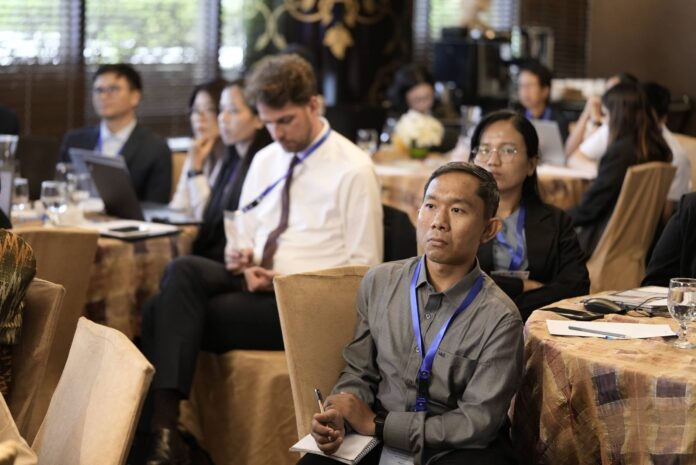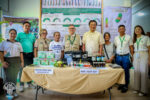The Philippines underscored its leadership in climate resilience efforts as it hosted the ASEAN Policy Dialogue on Loss and Damage, with key national agencies highlighting data-driven and institutional strategies to address the growing impacts of climate change.
The Department of Environment and Natural Resources (DENR), together with the Department of Science and Technology – PAGASA and the Department of Social Welfare and Development (DSWD), presented the country’s initiatives on strengthening institutional frameworks, advancing climate data systems, and enhancing social protection mechanisms.
The dialogue brought together ASEAN member states to exchange experiences, best practices, and policy responses to climate-induced loss and damage. For the Philippines, this includes its role as host of the Board of the Fund for Responding to Loss and Damage (FrLD), and the ongoing development of a national roadmap for accessing the fund with support from the United Nations Development Programme (UNDP).
To streamline these efforts, the DENR has convened a Technical Working Group on Loss and Damage, co-chaired by the Department of Economy, Planning and Development (formerly NEDA). The group is tasked with formulating strategies for fund access, project prioritization, and implementing a Monitoring, Evaluation, Accountability, and Learning (MEAL) system. It also aims to strengthen communication and knowledge-sharing efforts, while integrating gender and development considerations.
On the technological front, PAGASA is enhancing climate data systems through its Unified Meteorological Information System (PUMIS), improving data accessibility and decision-making capacity. The agency is also investing in training for climate modeling, impact forecasting, and early warning systems.
Meanwhile, the DSWD is modernizing the Listahanan registry to better identify and serve vulnerable populations, ensuring more efficient and targeted delivery of social protection programs.
As one of the most climate-vulnerable countries globally, the Philippines continues to experience severe impacts such as typhoons, flooding, and sea-level rise, disproportionately affecting marginalized communities. Through its coordinated and data-informed approach, the country aims to lead the ASEAN region in building resilience and addressing loss and damage from climate change.







